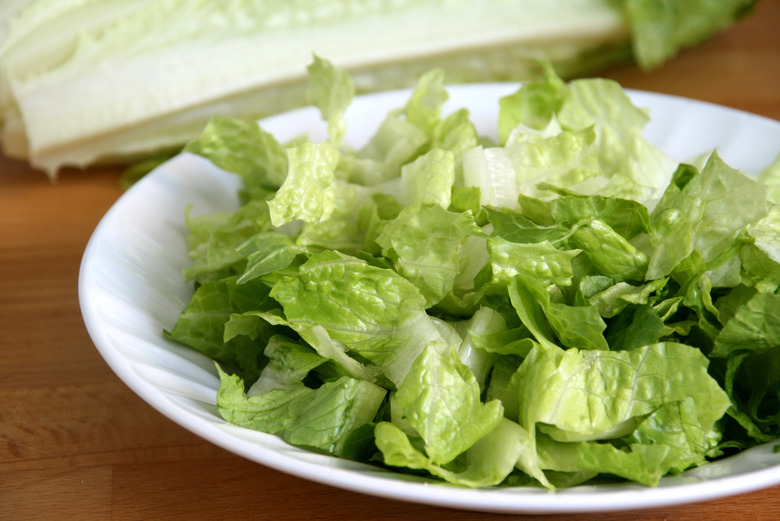E. Coli Outbreak Linked To Romaine Worsens With 31 More Sickened
On April 25, the Centers for Disease Control and Prevention released a statement that the number of people sickened with E. coli linked to romaine lettuce had increased by 31, tallying a total of 84 reported cases so far. Of the 84 cases in 19 states, 42 of the patients have been hospitalized, a much higher proportion of hospitalizations than usual from an E. coli outbreak.
Additionally, three more states have been affected — Colorado, Georgia, and South Dakota. While no deaths have been reported, nine people have suffered a type of kidney failure called hemolytic-uremic syndrome.
"This is a very virulent strain of bacteria," said James Rogers, director of food safety research and testing at Consumer Reports, to Today. "This is nothing to play with.
The last known illness began on April 12, though the CDC notes that illnesses from the past two to three weeks may have occurred but not yet been reported.
The CDC says the investigation regarding the source of the outbreak is ongoing, though it has been linked to romaine lettuce sourced from Yuma, Arizona. The investigation has not yet linked the lettuce to any one grower or supplier.
Consumers are advised not to eat any form of romaine lettuce without confirming it was not grown in the Yuma region. This includes whole heads and hearts of romaine, chopped romaine, and salads and salad mixes containing romaine lettuce.
Restaurants and retailers are instructed not to serve any romaine lettuce sourced from the Yuma region, and advised to ask their suppliers where they source their lettuce. A few restaurants, such as the popular salad chain Just Salad, have released statements assuring customers of their food's safety. Others have remained silent. Consumers should ask and confirm with restaurants that the lettuce is sourced elsewhere — or order a romaine-free menu item.
Some grocery stores, such as Meijer and Kroger, have assured customers that they refuse to offer lettuce sourced from Yuma until the outbreak is over, and that their lettuce is safe to eat. Other stores have pulled romaine from the shelves entirely, according to Consumer Reports.
If you have purchased romaine and are not sure where it was sourced from, the CDC advises you dispose of the lettuce immediately — even if you have eaten some without falling ill. These tips are geared towards this outbreak specifically, but there are always precautions you can take to avoid food poisoning from any source.
